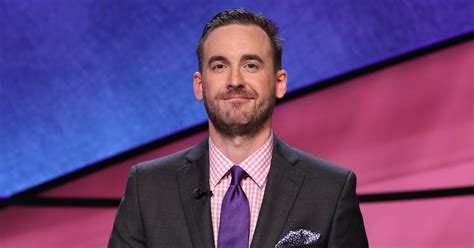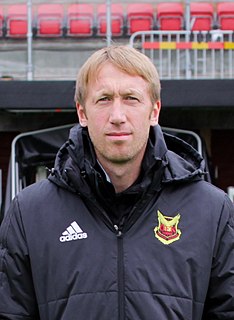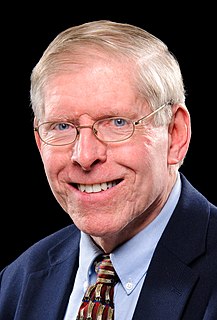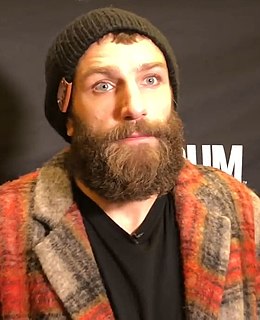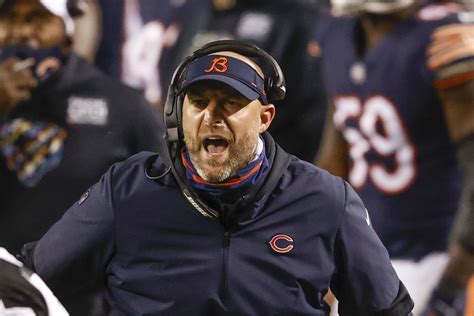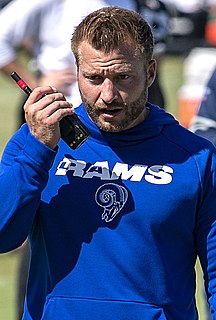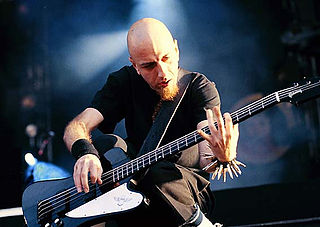A Quote by Peter Drucker
We can't make people better by trying to eliminate their weaknesses, but we can help then perform better by building on their strengths.
Related Quotes
You cannot win all the time and, often, we don't win that much. You have to have something and I think if we can create an environment where people genuinely think that we are trying to help them, trying to improve them and make them better, then OK, maybe they will try a bit harder, and do a bit better for the team and the club.
We cannot focus upon the weaknesses of one another and evoke strengths. You cannot focus upon the things that you think they are doing wrong, and evoke things that will make you feel better. You've got to beat the drum that makes you feel good when you beat it. And when you do, you'll be a strong signal of influence that will help them to reconnect with who they are.



